 |
 |
 |
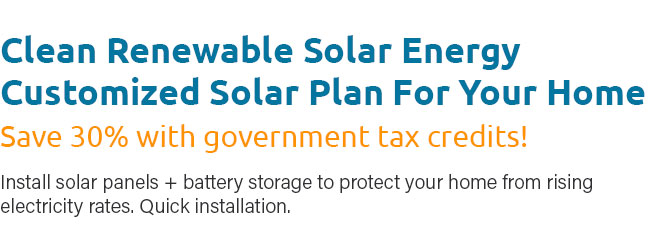 |
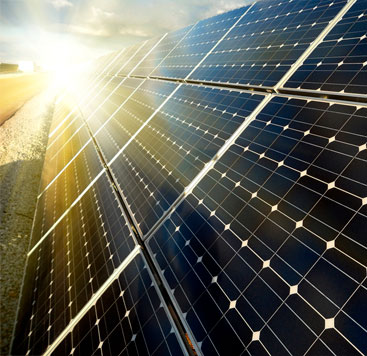 |
 |
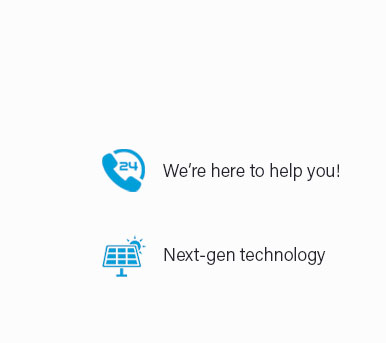 |
 |
 |
 |
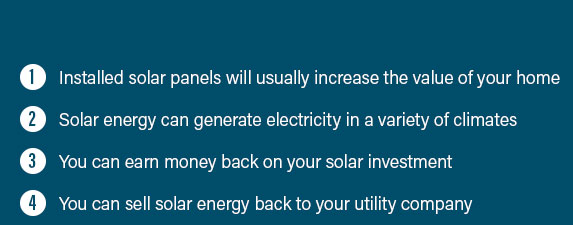 |
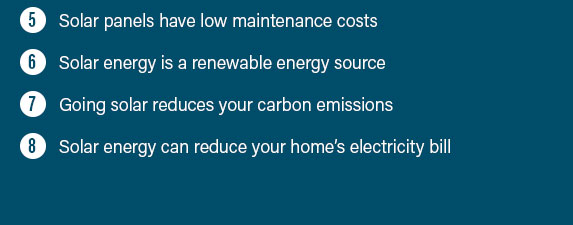 |
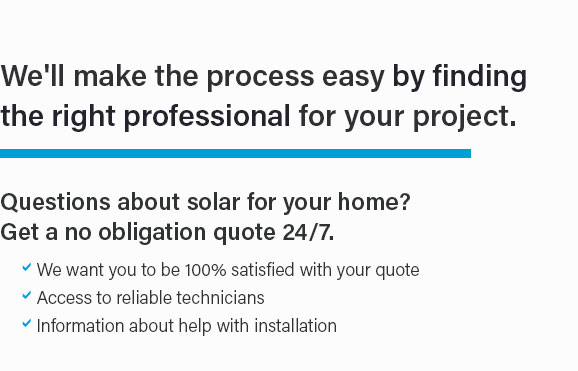 |
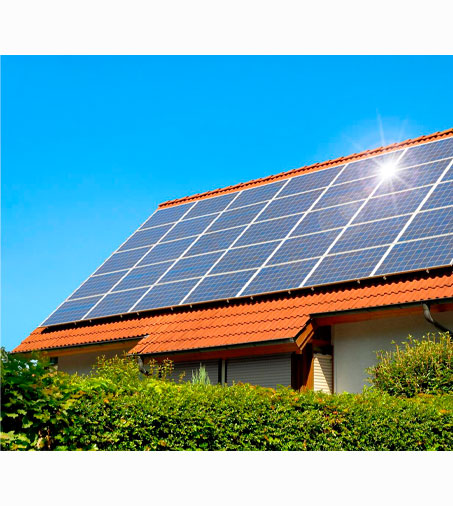 |
|
 |
 |
 |
Installing Solar Panels in Florida: A Bright Idea for the Sunshine StateAs the sun rises over the picturesque beaches and bustling cities of Florida, it’s hard not to appreciate the abundant sunshine that bathes this state year-round. It's no wonder then that Florida has become a burgeoning hub for solar energy enthusiasts. However, installing solar panels in Florida is not merely about harnessing sunlight; it's about understanding the unique dynamics of this sun-soaked state and making informed choices that best suit individual needs. Firstly, let’s address the financial incentives. One of the most compelling reasons to consider solar panels in Florida is the availability of incentives designed to make solar energy more affordable. The Federal Solar Investment Tax Credit (ITC) allows homeowners to deduct a significant portion of their solar panel installation costs from their federal taxes. Additionally, Florida offers a property tax exemption for residential renewable energy property, meaning your property taxes won’t increase despite the added value of solar installations. However, it's not just about the dollars and cents. Many Floridians are drawn to solar energy for its environmental benefits. By reducing reliance on fossil fuels, solar panels help decrease greenhouse gas emissions, which is particularly important in a state frequently impacted by climate-related issues. This consideration is often a decisive factor for environmentally conscious homeowners. Yet, deciding to install solar panels isn't without its challenges. One common question is about the efficiency of solar panels in a state known for its frequent afternoon thunderstorms and hurricane season. Interestingly, modern solar panels are designed to be highly efficient even in less-than-ideal weather conditions, and many are built to withstand severe weather, including high winds and heavy rain. Moreover, homeowners often wonder about the installation process itself. Typically, this involves a few key steps: evaluating your home’s energy needs, assessing the roof’s condition, and determining the best orientation and angle for maximum sun exposure. It’s advisable to work with experienced local contractors who understand Florida’s unique climate and can navigate the permitting process smoothly. When considering the return on investment, it’s crucial to think long-term. While the initial cost can be substantial, solar panels can significantly reduce or even eliminate electricity bills over time. For example, in a recent case, a family in Miami reported saving over $100 monthly on their energy bills after installing solar panels, illustrating the potential for substantial savings. Finally, it’s worth noting the burgeoning community of solar energy advocates in Florida. With organizations dedicated to promoting solar power and numerous events aimed at educating the public, there’s a wealth of resources available to those interested in making the switch. In conclusion, installing solar panels in Florida is a practical decision that balances financial prudence with environmental responsibility. By capitalizing on the state’s abundant sunshine, Floridians can enjoy reduced energy costs, contribute positively to the environment, and join a growing movement towards sustainable energy. As with any significant home investment, due diligence is essential, but the rewards of going solar in the Sunshine State are as bright as the sun itself. https://www.fpl.com/energy-my-way/solar.html
If you're considering installing rooftop solar panels, learn more about how it works and how you can sell power back to FPL through our net metering program. https://www.flaseia.org/florida-solar-policy-licensing/
The state certification (licensure) for solar contractors is required by anyone who contracts with a homeowner for installation, alteration, repairs, ... https://www.solarreviews.com/blog/solar-panels-florida-worth-it-expert-savings-guide
The average cost to install a typical 6 kilowatt (kW) solar system in Florida is about $15,480 before claiming any incentives. After the 30% federal solar tax ...
|